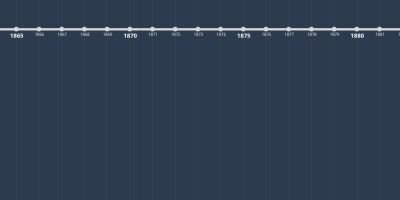Events
Proclamation of 1763
Fighting the French and Indian war
had left Britain deep in debt and the
colonists had caused the war by moving
westward. The French were gone, but
Native Americans remained in the region.
So, King George issued a proclamation
which forbade the colonists from settling
in the lands won from France.The Townshend Acts
The Townshend Acts placed duties on a
wide range of goods that the colonies
imported from overseas. Once again the
colonists resisted with boycotts and
protests. One of the Townshend Acts
allowed general search warrants which
were used to combat smuggling.The Tea Act
The tea act wasn’t actually a tax, but it
allowed a British company that grew tea in
India to import its tea into the colonies
without paying the existing tea tax which
made the British company’s tea cheaper
than other tea sold in the colonies. This
upset the colonists though because
Parliament had too much control over
their taxes.The First Continental Congress
Representatives from 12 colonies met in
Philadelphia to compromise a response
to the Coercive Acts. The delegates
discussed what to do about the colonies’
issues with Great Britain.The Second Continental Congress
In April, British troops and colonial
militiamen had fought at Lexington and
Concord. Congress had to decide whether
to split from britain or continue working
towards peace.The Olive Branch Petition
The Olive Branch Petition was adopted by
the Second Continental Congress. It was
an attempt to avoid a full-blown war.Common Sense
Thomas Paine published a pamphlet titled
Common Sense. He argued that “common
sense” called for the colonists to rebel
against Britain.The Declaration of Independence
The Congress chose a committee to draft a
document to explain to the world why the
colonies should be free. John Adams,
Benjamin Franklin, Thomas Jefferson,
Robert Livingston, and Roger Sherman
were all apart of the committee and
Jefferson chose to write it.The Boston Tea Party
A group of Massachusetts colonists
boarded three boats and dumped 342
chests of tea into the Boston Harbor to
protest British Parliament's tax on tea.The Declaratory Act
The Declaratory Act gave Parliament the
the right to tax the colonies and make
decisions for them "in all cases
whatsoever"

Comments